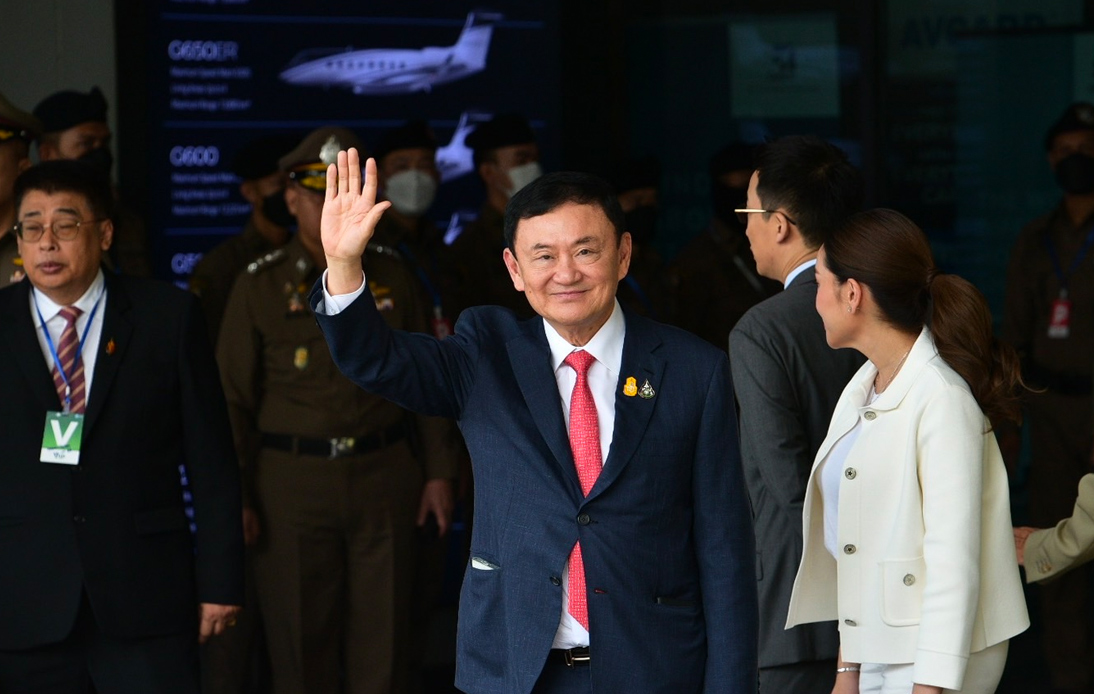
The Department of Corrections (DOC) has refuted claims that its latest regulation, which permits the detention of inmates outside of prison facilities, is tailored to favor the convicted former prime minister, Thaksin Shinawatra.
Sahakarn Phetnarin, the deputy permanent secretary for justice and acting director-general of the DOC, announced the new regulation. He also informed provincial governors about the matter.
Speculation is rising about whether this regulation might benefit Thaksin, who was recently sentenced in three cases and subsequently moved to a police hospital.
Announced on Tuesday, the regulation stipulates that eligible prisoners must meet specific Department of Corrections criteria and receive approval from a panel formed by the department. These external detention locations could be houses or buildings with official addresses.
Sahakarn explained that the regulation aims to classify inmates and decide who needs to be held outside of prison, such as those requiring rehabilitation or vocational training.
“The Department of Corrections has limited resources. Rehabilitating prisoners outside prisons may give them optimal benefits,” he said.
“Regarding sick prisoners, keeping them in prison, given the conditions there, does more harm than good. It would be better for them if they are detained outside and looked after by their families,” Sahakarn added.
“The regulation is also intended to help inmates prepare for life after their release. Some are facing long sentences, so it may be difficult for them to reintegrate into society.”
Sahakarn dismissed suspicions that the timing of the regulation, coinciding with Thaksin’s case, was intentional.
He noted that the Corrections Act of 2017 called for such a rule, but its implementation was delayed. “Some officials at the Corrections Department had failed to enforce the law,” Sahakarn stated.
“There are numerous prisoners who have served some time in jail, and some have health issues, while others need rehabilitation outside prison.”
“I think the new regulation will be beneficial to them. This is also in line with international practice. In fact, we have to admit we have been slow to act on this matter,” he continued.
Sahakarn mentioned that prisons began identifying eligible inmates for external detention on Tuesday, with their names to be sent to the department.
Thaksin, 74 years old, returned to Thailand on August 22 after 15 years of self-imposed exile. He was transferred from Bangkok Remand Prison to Police General Hospital for health reasons and has stayed there.
According to the Department of Corrections, Thaksin isn’t the only inmate permitted long-term medical treatment outside prison. Since the previous year, 149 prisoners received external medical treatment, with varying lengths of stay.




















